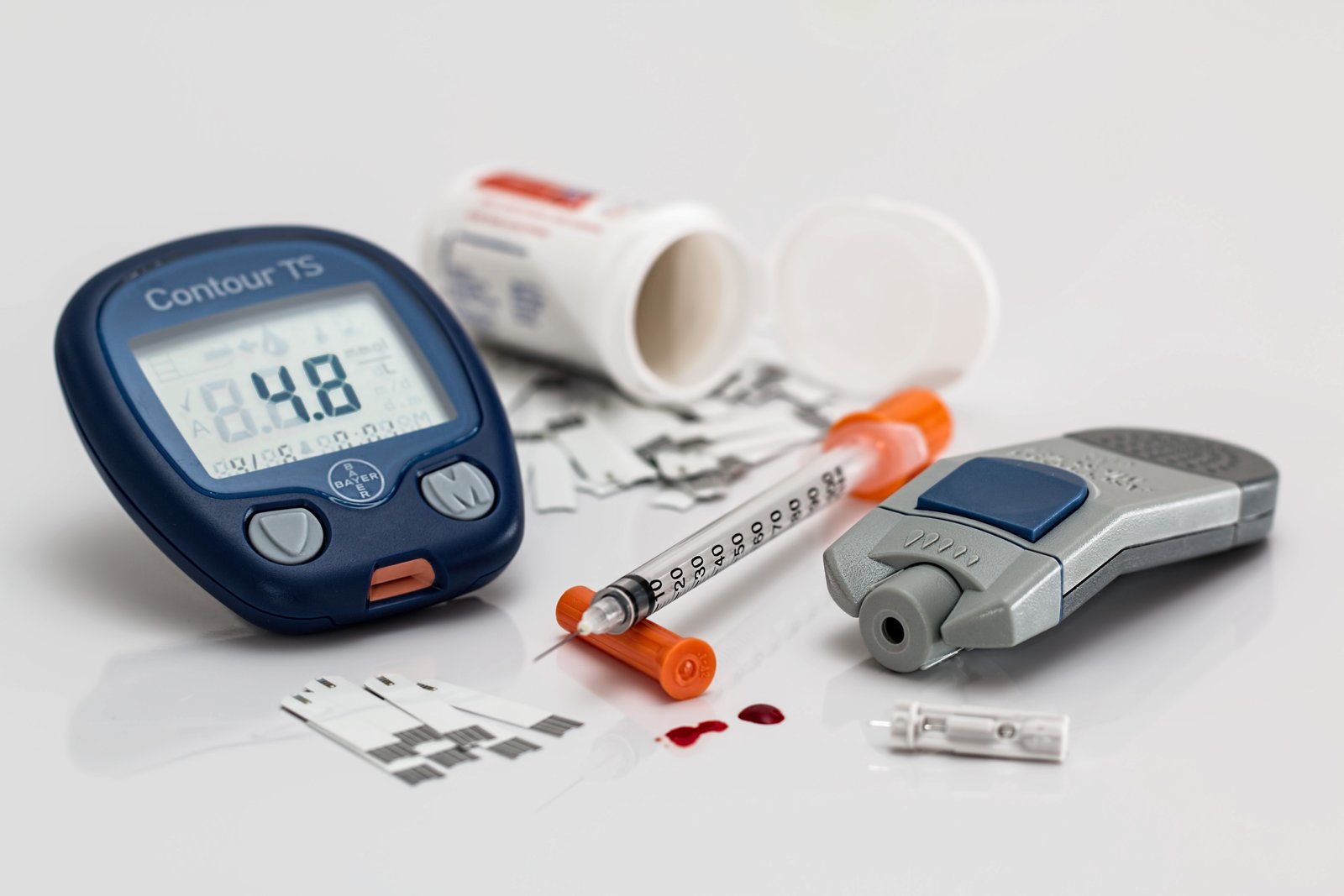Background: This #DoesItWorkSummary is based on the findings of a systematic review and meta‐analysis of randomized clinical trials study published in the Nutrition Reviews journal in May 2018 [1]. Diabetes type 2 is associated with chronic low-grade inflammation, and there is evidence that anti-inflammatory therapies might prevent some of the damaging effects of the disease, for example on retina [2] and kidneys [3]. Vitamin D has diverse anti-inflammatory actions that can be of possible benefit in different inflammation-related diseases [4]. A systematic evaluation of the available human randomized control trial data was done to get overview if vitamin D supplementation has effect on several inflammatory markers in patients with type 2 diabetes.

Findings: Analyzed were 20 trials involving 1270 people [1]. Vitamin D was orally supplemented to diabetes type 2 patients for 2 to 12 months (in most of the studies the supplementation was done for 3 or 6 months). Several of the measured inflammation markers (including C-reactive protein, tumor necrosis factor alpha, erythrocyte sedimentation rate) decreased upon vitamin D supplementation, and other markers of inflammation such as interleukin 6 and E-selectin did not change. These data suggest possible anti-inflammatory benefits of vitamin D supplementation in type 2 diabetes, but before recommendations can be made it is necessary to also measure relevant disease outcomes, for example total death rates, diabetes-linked cardiovascular deaths or cancer deaths, or the rates and severity of major diabetes-induced complications such as neuropathy, nephropathy, and retinopathy.
References
1 Mousa, A., Naderpoor, N., Teede, H., Scragg, R. and de Courten, B. (2018) Vitamin D Supplementation for Improvement of Chronic Low-Grade Inflammation in Patients with Type 2 Diabetes: A Systematic Review and Meta-Analysis of Randomized Controlled Trials. Nutrition Reviews, 76, 380–394. https://doi.org/10.1093/nutrit/nux077.
2 JOUSSEN, A.M., POULAKI, V., MITSIADES, N., KIRCHHOF, B., KOIZUMI, K., DÖHMEN, S. and ADAMIS, A.P. (2002) Nonsteroidal Anti-Inflammatory Drugs Prevent Early Diabetic Retinopathy via TNF-α Suppression. The FASEB Journal, 16, 438–440. https://doi.org/10.1096/fj.01-0707fje.
3 Sasser, J.M., Sullivan, J.C., Hobbs, J.L., Yamamoto, T., Pollock, D.M., Carmines, P.K. and Pollock, J.S. (2007) Endothelin A Receptor Blockade Reduces Diabetic Renal Injury via an Anti-Inflammatory Mechanism. Journal of the American Society of Nephrology, 18, 143–154. https://doi.org/10.1681/ASN.2006030208.
4 Krishnan, A. V. and Feldman, D. (2011) Mechanisms of the Anti-Cancer and Anti-Inflammatory Actions of Vitamin D. Annual Review of Pharmacology and Toxicology, 51, 311–336. https://doi.org/10.1146/annurev-pharmtox-010510-100611.
Keywords: #DoesItWorkSummary, vitamin D, chronic inflammation, type 2 diabetes, diabetes-induced complications, neuropathy, nephropathy, retinopathy, interleukin 6, E-selectin, C-reactive protein, tumor necrosis factor alpha, erythrocyte sedimentation rate, systematic review and meta‐analysis of randomized clinical trials.
Join for free INPST as a member
The International Natural Product Sciences Taskforce (INPST) maintains up-to-date lists with conferences, grants and funding opportunities, jobs and open positions, and journal special issues with relevance for the area of phytochemistry and food chemistry, pharmacology, pharmacognosy research, and natural product science.

























